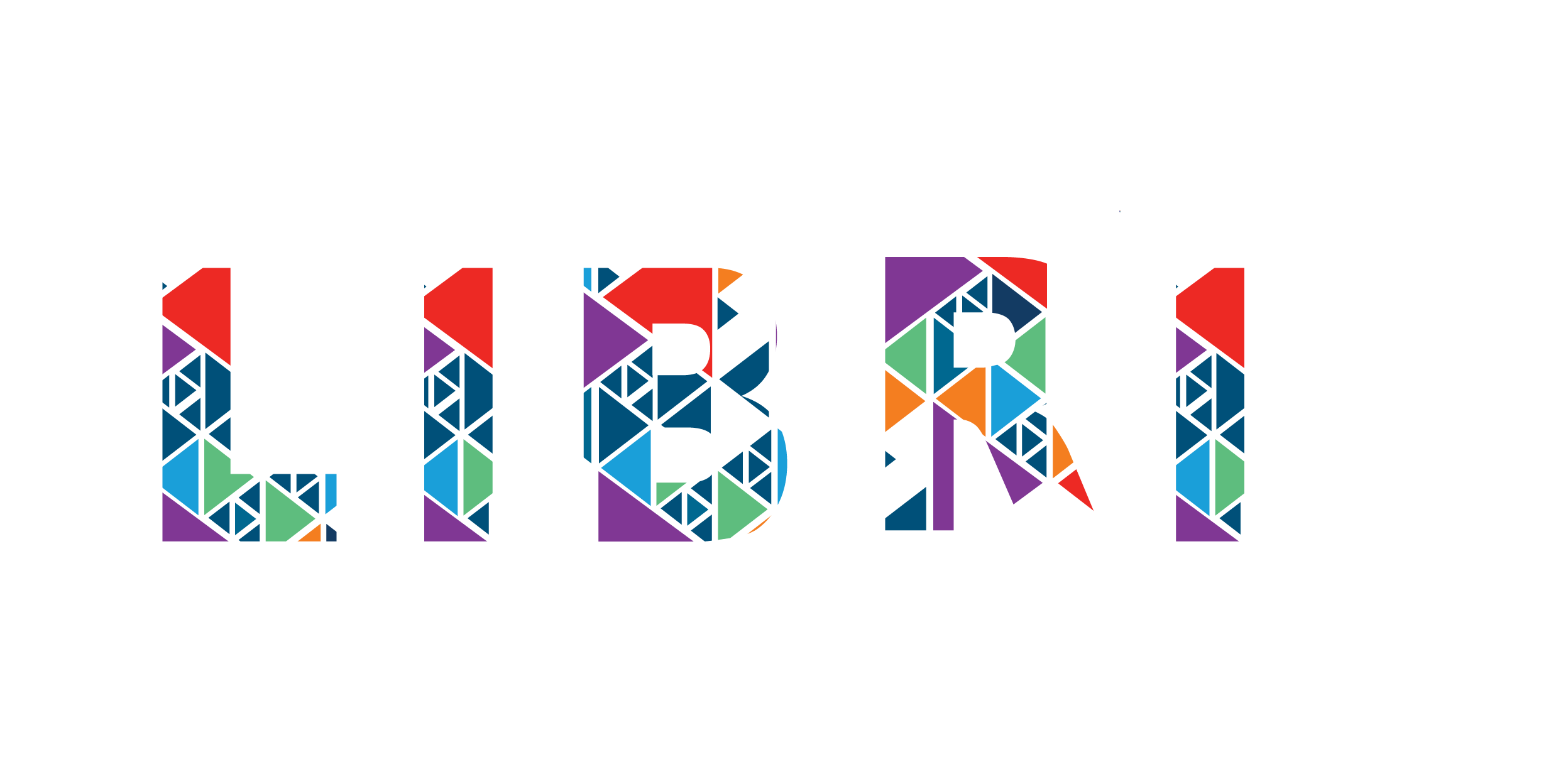- Cross platform mobile abbpplication based on Ionic Version 4.0
- Associated with a supportive dashboard called Libri-Admin
- All your library users can use the the library applications remotely
- New transfer capability between users without visiting the library
- Checking the books and the availability of books can be checked without visiting the library
- Users can transfer books without visiting the library
- Users can pay the penalties if the library authorized personal grant the permission
- Users will be able to receive the notices digitally and efficiently
- Any library have existing system can plug this application if the current system is based on Koha Library Management System or Ever green library system
- Library staff can embed a brief introduction about the statistics of the library
Aparat from the mobile application the application support a custom build dashboard called Dashboard and a backend server with server deployed according to the serverless architecture called Server
Click the icon to see the Hosted Progressive Web Application
** Pre-requisits**
| Tool | Version |
|---|---|
| Node | 10.11 LTS |
| Ionic CLI | 5.4.4 |
| Android Studio | 3.5.1 |
| Android SDK | *preffered users device version |
| npm | 6.4.1 |
$ npm install$ npm startThis will launch an application preview inside your preffered browser
$ npm test$ npm run buildThis will run the basic test cases enabled for your sample application. You have to write your own test cases when you implement new features or update the existing features
To build the apk file from the Ionic source code, Capacitor is being used. Using capacitor you can deploy this application to
- Android
- iOS
- Desktop ( electron )
- Progressive Web APP
The source code contains the implmentation for Android and PWA implmentations. You can easily build the app in xCode for iOS builds.
To build the application using Capacitor and Android studio follow the below commands.
$ ionic capacitor add android
$ ionic cordova prepare android
$ ionic cordova open androidAfter these commands you can see your application is getting opened on the Android Studio. Then you can build your application as a normal Android application.
For further information please refer for the official android build guide for capacitor. ``https://ionicframework.com/docs/building/android
You can find the firebase configurations in the directory src/environments/environment.prod.ts for production builds or else src/environments/environment.ts
Before replacing the firebase configurations you have to make sure you have created a project using firebase console and enabled the features
- Firebase Cloud Messaging
- Firebase Cloud Functions
- Firebase Anlaytics for Web
- Firebase Crashlytics
- Firebase Performance
- Firebase Storage bucket
The above features must be enabled prior to the installation. The sample configuration file will be as below. This is for the web development. Refer the android area for your android implmentation
firebase: {
apiKey: 'TEST _KEY',
authDomain: 'TEST _KEY',
databaseURL: 'TEST _KEY',
projectId: 'TEST _KEY',
storageBucket: 'TEST _KEY',
messagingSenderId: 'TEST _KEY',
appId: 'TEST _KEY',
measurementId: 'TEST _KEY'
}Additionally you have to add the google-servises.json file which you can download from the firebase console to use the services in the android application.
This google-services.json file should be in the directory of android/app/










